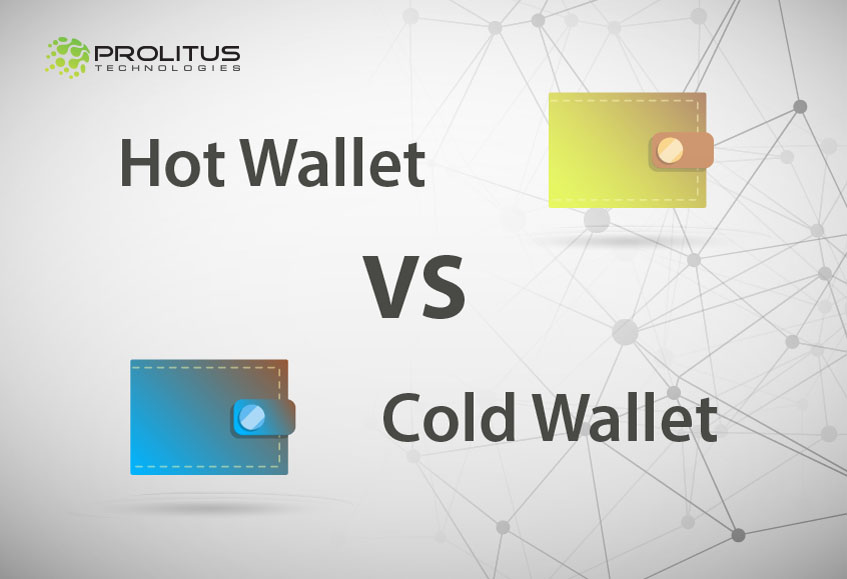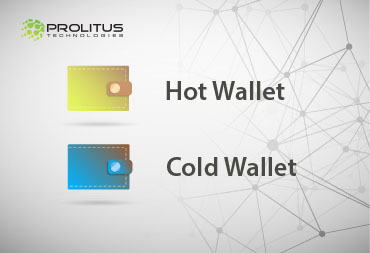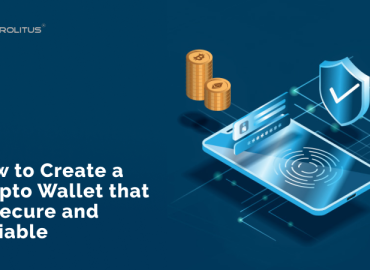If you didn’t understand the ‘Title’ of this blog well enough, then let us give you a small introduction. Everybody is talking about how Cryptocurrencies are disrupting the current global economic scenario. There is always something hot in the news about Cryptocurrency like the recent Bitcoin Fork. To exchange Cryptocurrency, you need a Cryptocurrency Wallet. And there are two types of wallets – Hot Wallets & Cold Wallets.
In the simplest terms, Hot Wallets are those which are connected to the internet and Cold Wallets are those which aren’t. But why anyone even needs two different types of the wallets in the first place? People use Hot Wallets & Cold Wallets like Current & Savings bank accounts. Hot Wallets are used for day-to-day frequent transactions like in the case of the Current account while Cold Wallets are used for storing digital coins/digital assets safely for long-term.
Does this mean Hot Wallets are not safe?
Most of the people store the majority of their assets in Cold Wallets due to the fact that they are not connected to the internet and hence are safer. But that doesn’t mean that Hot Wallets aren’t safe at all. The security of Hot Wallets is dependent upon the security habits of individuals and third parties. But yes, they are more vulnerable to theft because they are constantly connected to the internet. But keeping small amounts of assets in Hot Wallets should not be a concern since a hacker probably won’t waste resources for small amounts.

Examples of Hot Wallets
Digital asset exchanges are considered to be Hot Wallets. These companies store digital currency in their infrastructure and server and If a hacker attacks these exchanges and drains out assets, then it is likely that an account holder might also lose his money. Popular examples of digital asset exchanges are Coinbase, Poloniex, Bittrex etc.
Not only exchanges, software applications like Exodus.io, Dash QT Wallet etc. are also considered as Hot Wallets.
Examples of Cold Wallets
There are different types of Cold Wallets but a typical example is Hardware Wallet, in which you upload digital currency via ATM or Online, but they are not always connected to the internet. It is a physical device that is kept offline but can be plugged into a computer when needed.
They are safe because when you make a transaction, it asks to confirm each transaction by pressing a button on the device. They are pretty much safe and hack-proof. Some of the popular brands offering hardware wallets are Trezor.io, Ledger Nano S, and KeepKey. They support popular Cryptocurrencies including Bitcoin, Dash, Ethereum, Ethereum Classic, ZCash, Litecoin, Namecoin, Dogecoin, and Testnet.
You can read our blog on Ethereum Vs. Bitcoin
Prolitus technologies has been researching extensively on Cryptocurrencies and Wallets from the past 2 years. We are a decade old company with a prime focus on investing in upcoming technologies. We have worked with different clients, developing a complete range of Blockchain-based financial solutions for them including Cryptocurrency, Wallet and Exchange development. To know more about our services, contact us at success@prolitus.com.





